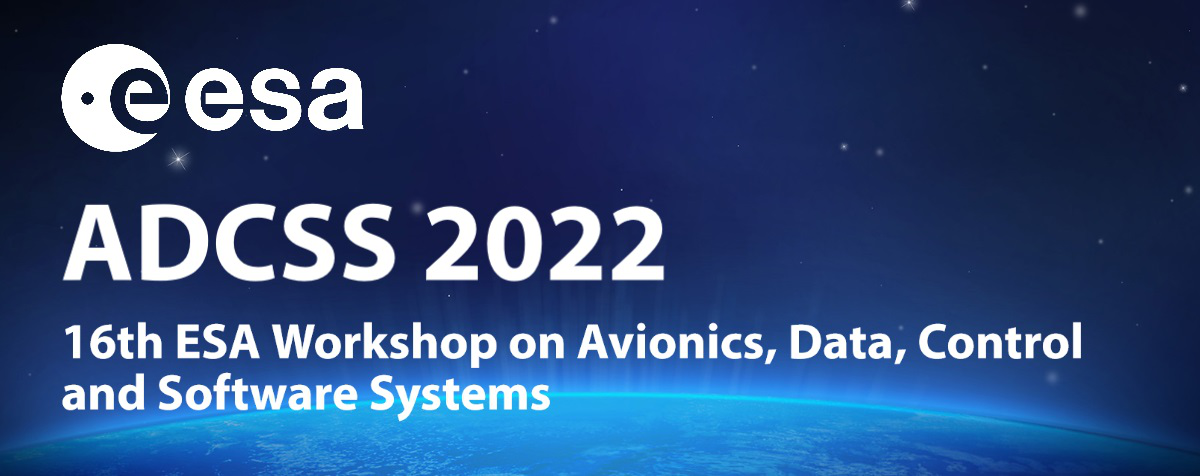Speaker
Description
ARIETIS-NS is a Rad-Tolerant, space qualified 3-axis gyro, whose main applications are Telecom (15+ years GEO), Earth Observation as well as Science and Exploration missions. It mostly uses commercial EEE upscreened components. ARIETIS-NS is being qualified to ESA ECSS standards, meeting the most stringent space quality requirements. ARIETIS-NS is based on Innalabs proprietary Coriolis Vibratory Gyroscope (CVG) technology which is largely used in commercial products for land, marine, and aerospace applications.
ARIETIS-NS has already been selected for a variety of applications, including, but not limited to Earth Observation, Telecom, Exploration, Science, spanning, LEO, GEO, and heliocentric orbits. Thanks to the support of the European Space Agency, the development of ARIETIS-NS is now complete and qualification testing is ongoing with target completion date in Q4 2022, ahead of delivery of the first flight models.
ARIETIS-NS is able to provide high performance (ARW <0.005 deg/√hr) and high reliability (~1000 FITs) in a very compact design (~1.2 kg for LEO application) and very low power consumption (<7W). To achieve this, several targeted enhancements and optimizations to InnaLabs gyroscope's design have been introduced, mainly regarding the component selection, the control loops, the compensation algorithms, and an updated Sensing Element design.
After a brief description of the CVG basic principles and an overview of the CVG technical strengths in comparison to competing technologies, InnaLabs will introduce the specification, the key design features, and the budgets of ARIETIS-NS. InnaLabs will assert ARIETIS-NS key performances displaying test results obtained on Engineering Qualification Models (EQMs); these tests include: performance test (bias stability, scale factor stability, noise, and misalignment), mechanical tests (vibration and shocks) as well as thermal vacuum tests.

